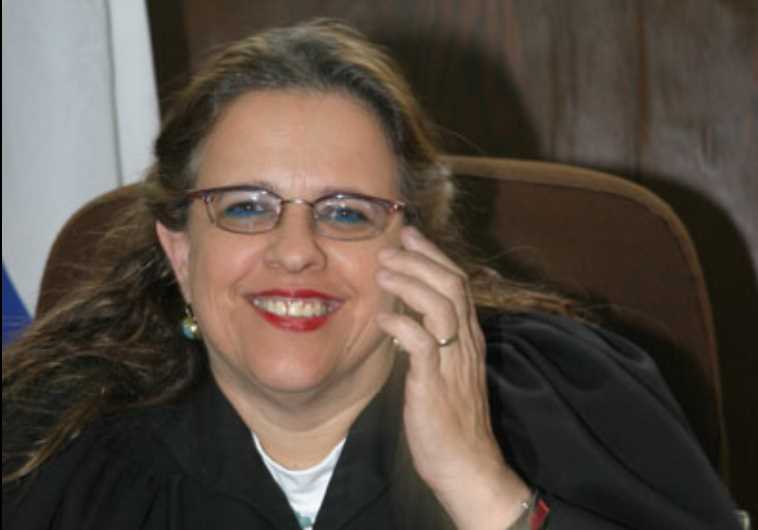Justice Ministry oversight czar Hila Gerstl quits suddenly
In a detailed resignation message, Gerstl expressed pride in her unit and the reports they had filed.
 Hila Gristol head of prosecutorial oversight body(photo credit: COURTESY HIGH COURT OF JUSTICE)Updated:
Hila Gristol head of prosecutorial oversight body(photo credit: COURTESY HIGH COURT OF JUSTICE)Updated: